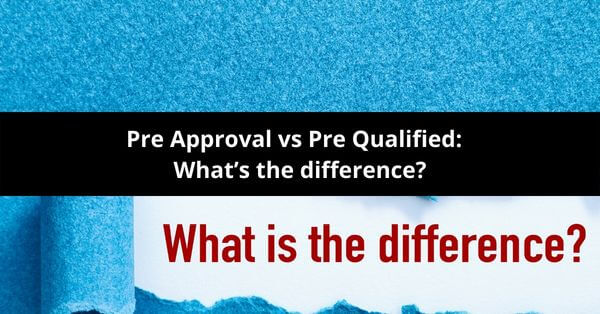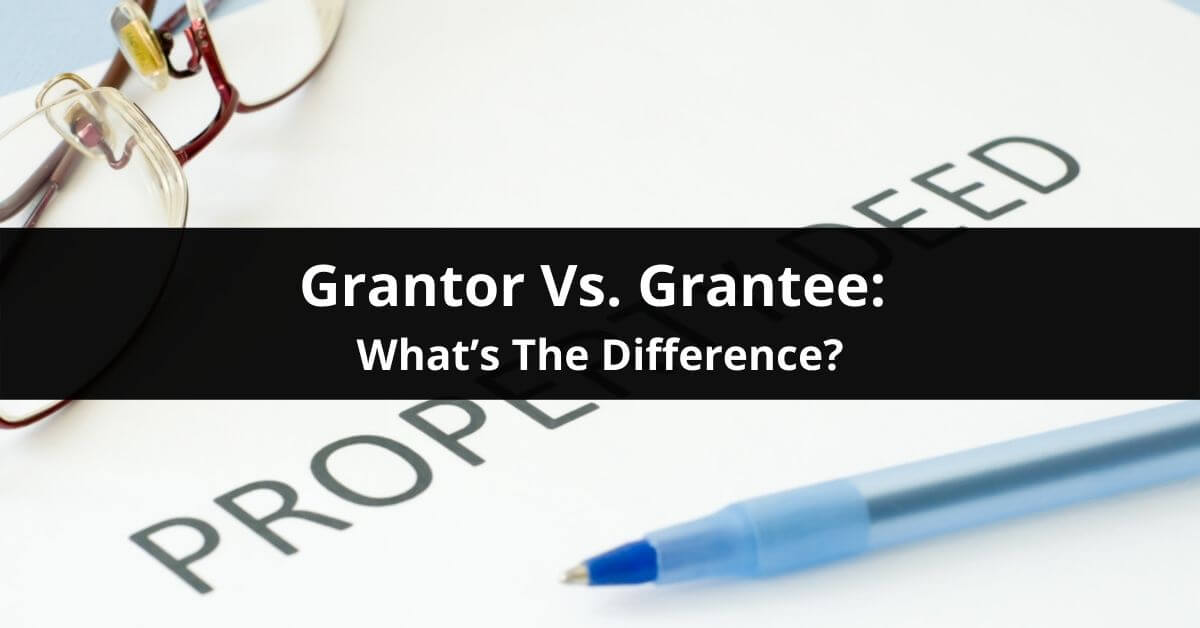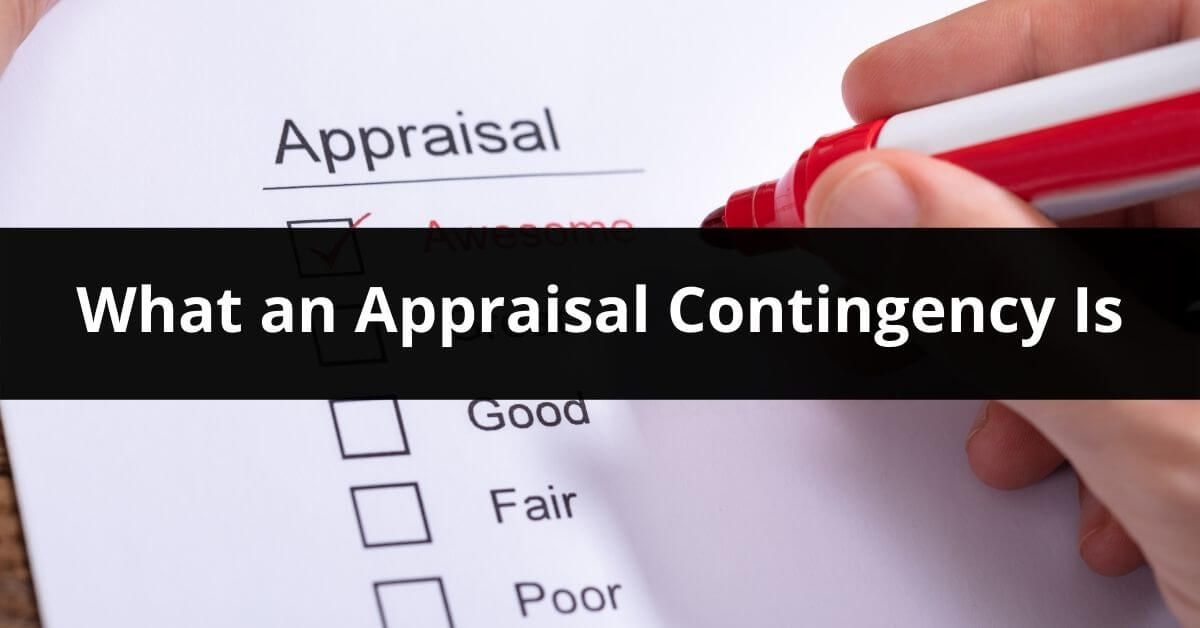ATG Title Blog
What Happens With a Reverse Mortgage After You Die?
What happens with your reverse mortgage after you die depends on if the person you want your house to go to is a co-borrower, a …
Is A Construction to Permanent Loan Right For You?
Construction to permanent loans are a way for you to get the money you need to both buy the land your house will be built …
How to Buy a House With Bad Credit
Buying a house with a bad credit score Is easy when you have the right tools. And that is what this guide will help you …
What is a Zombie Property and is it a Good Investment?
Don’t worry – a zombie property has nothing to do with animated corpses. Instead, a zombie property is a home that is in limbo because …
Pre-Approval vs Pre-Qualified: What’s the difference?
While pre-approval and pre-qualification are both important when buying a home, there are slight differences that impact how smoothly your transaction will go. Both statuses …
Grantor Vs. Grantee: What’s The Difference?
When you’re approaching the closing table and the title search is complete, you’re going to see the deed to the property you are buying or …
Form 2553: How to Use It & Save on Corp Taxes!
If you are ready to save money on your corporate taxes as a real estate agent, investor or small business, we are here to help. …
What is an Appraisal Contingency?
An appraisal contingency is a clause in a purchase contract that allows a home buyer to back out of the agreement without losing their earnest …
What Quiet Titles and Quiet Title Actions Are
A “quiet title” is a name given to a legal proceeding that takes place in civil court when someone makes a claim about the rightful …









